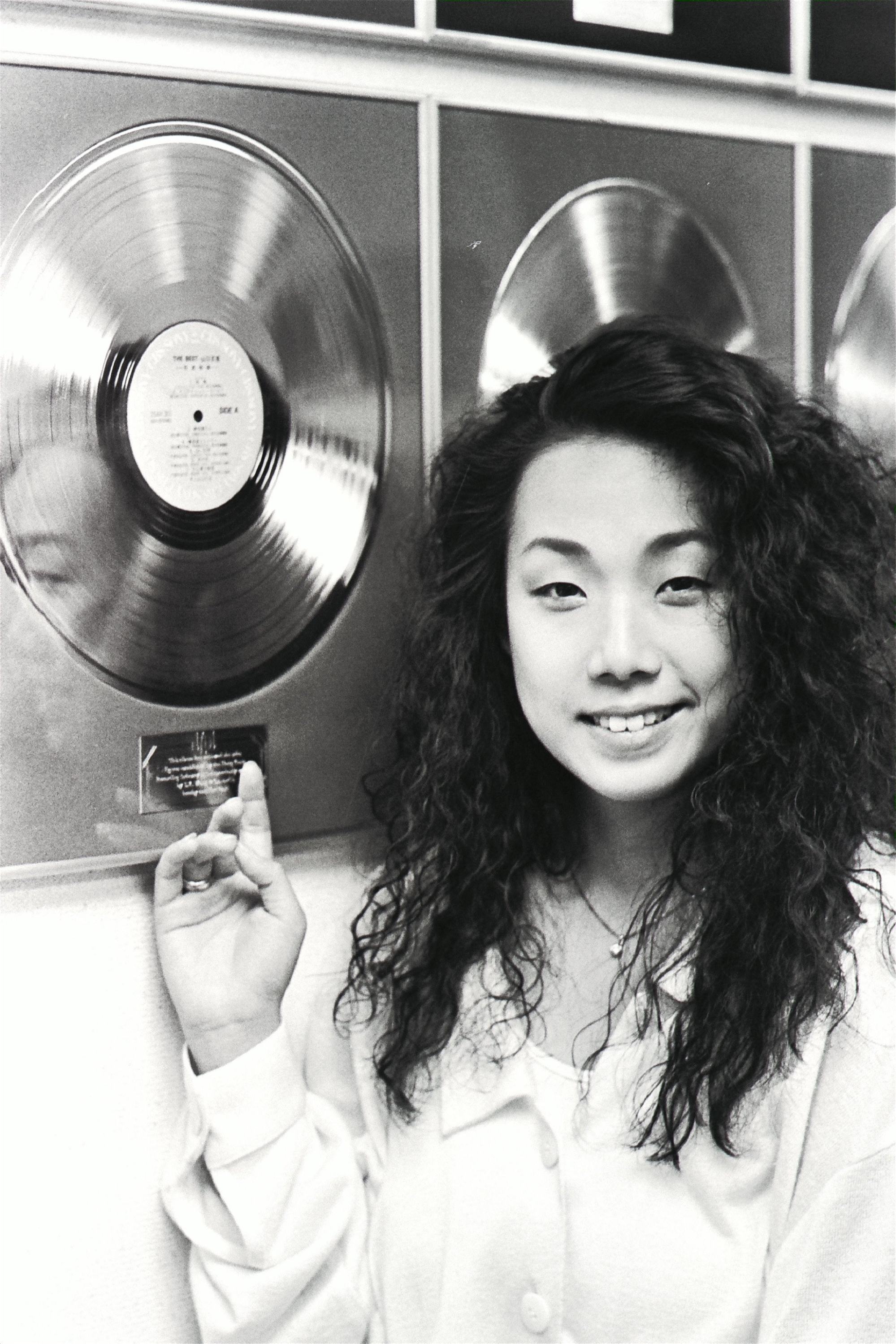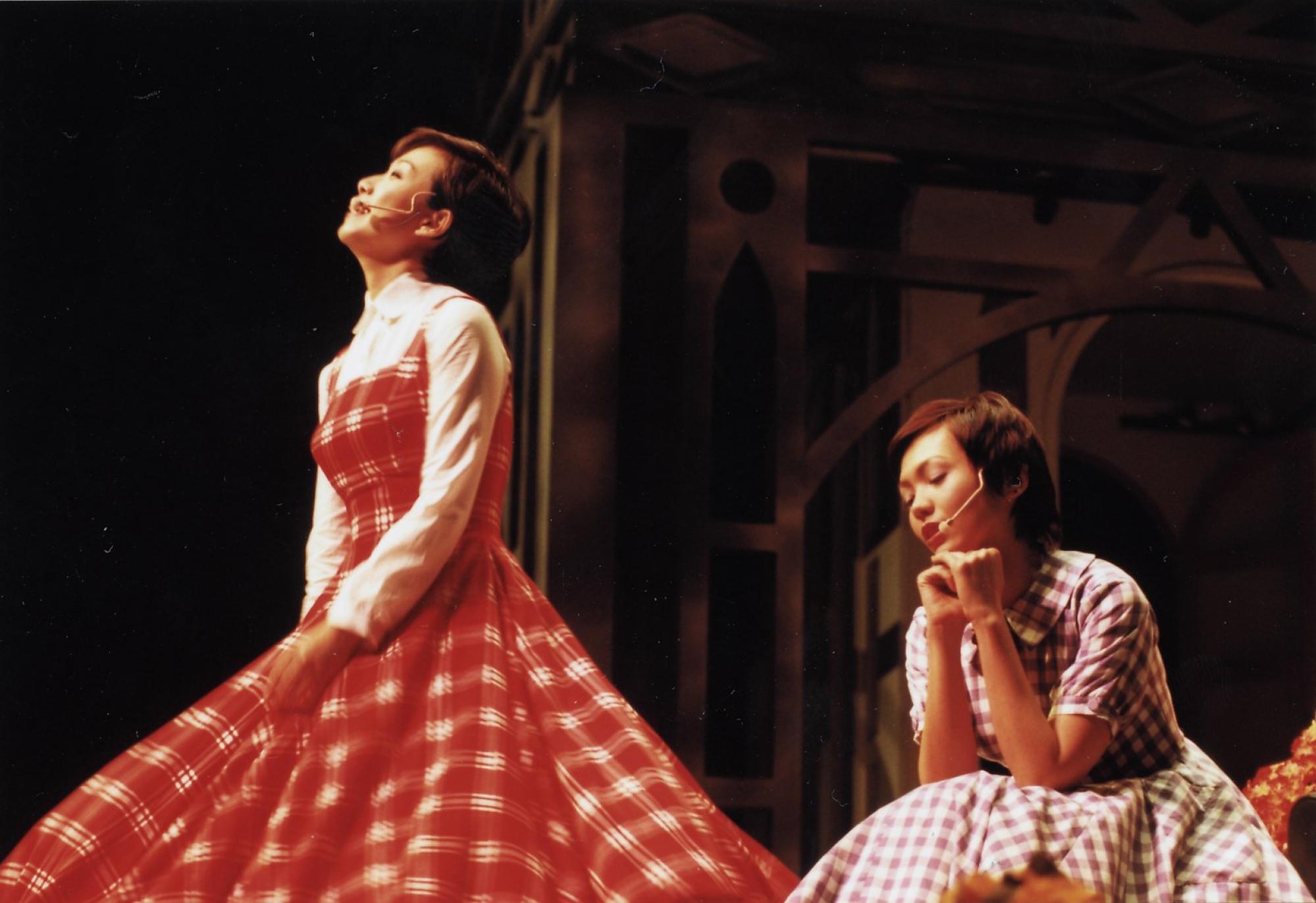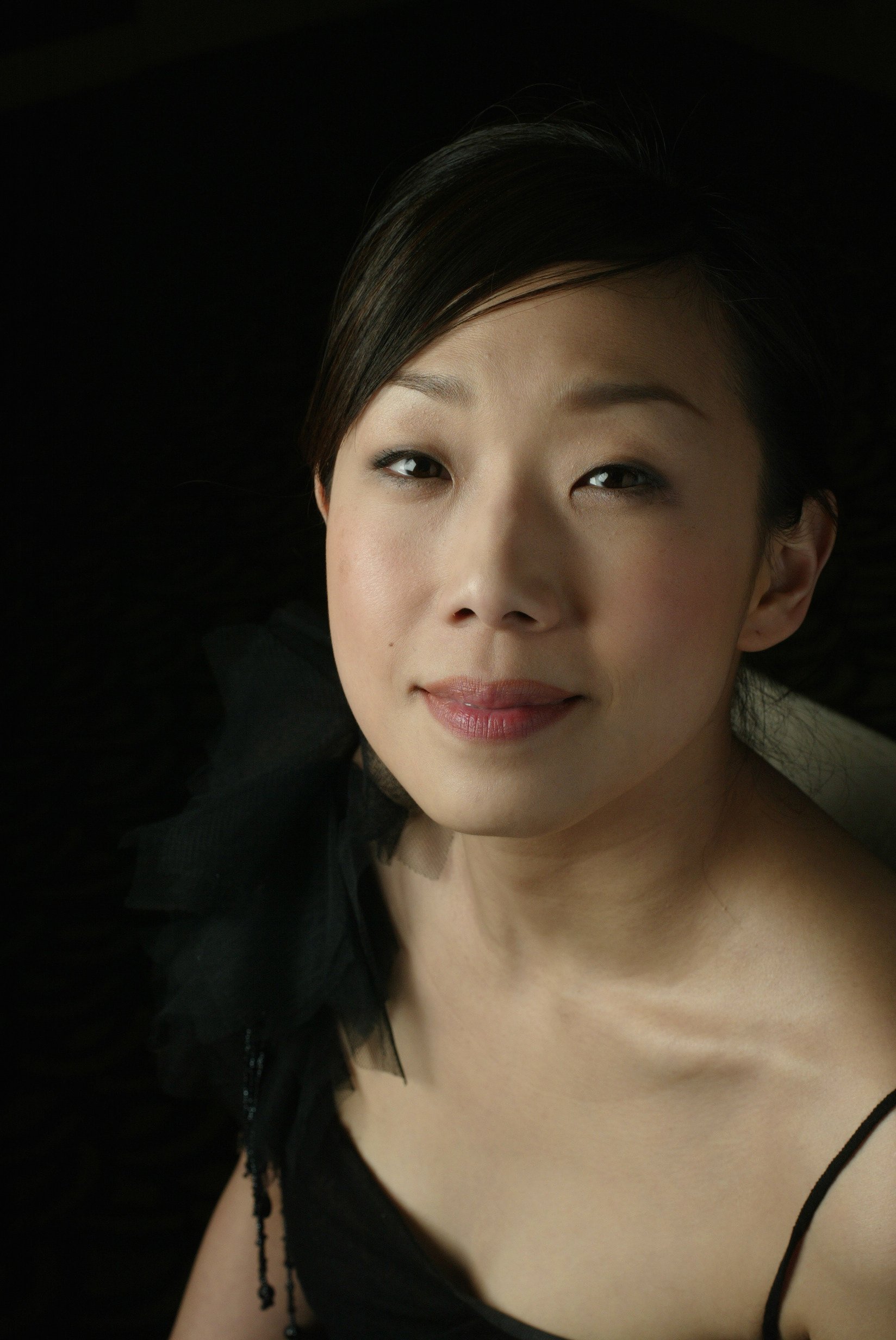While Lam’s early songs – mostly upbeat Japanese-style songs that were trendy at the time – did not garner her much success, she began gaining mainstream popularity with the release of the album Grey (1987).
He married Shu Qi, has a bromance with Daniel Wu: Hong Kong’s Stephen Fung
He married Shu Qi, has a bromance with Daniel Wu: Hong Kong’s Stephen Fung
A year later, she put out City Rhythm, which was viewed as the first Cantopop concept record. Consisting of various pop songs and covers of English ballads, the album reflected the trials and tribulations of a modern young woman.
Although Lam had an opportunity to become a film actress following her musical success, she notably chose to dedicate herself solely to music, unlike many other Cantopop singers.
“She had a lot of film offers but turned them all down and instead spent four days a week taking singing lessons from [Hong Kong singers and actors] Kong Wa and Teresa Carpio,” songwriter and long-time collaborator Anthony Lun Wing-leung told the Post in 2004. “She was always learning and she hasn’t stopped since.
“Not many singers today would be willing to put in that much.”

In 1991, Lam expanded on City Rhythm’s concept with the critically acclaimed coming-of-age album Wildflower, which cemented her status in Hong Kong’s music scene.
By then, she had just released her first Mandarin album, Home Again Without You (1990), which expanded her reach to Taiwan. She went on to release Japanese songs as well, releasing two albums in 1994 and 1995.
The singer became well regarded for her powerful, versatile voice, and for avant-garde songs with R&B and jazz-fusion elements that strayed away from typical Cantopop ballads.

“Her range of musical knowledge is amazing because she has exposed herself to Western music,” Lun told the Post back in 1994. “She is one of the most hard-working artists I know. And she is always striving for self-improvement. Those are her main ingredients for success.”
During these golden years, Lam was known to avoid excessive publicity, choosing instead to place public focus on her music and talent.
“I have not been the kind of artist who maintains a high profile. I don’t live in the public eye even when I am in Hong Kong,” she told the Post in 1994. “If you have the right kind of promotion, that should be enough.
“The most important thing is the songs. I don’t think it boosts my popularity if the audience sees me 365 days a year.”

Lam applied a similar philosophy to the awards circuit. “The meaning to my career is not how many awards I can win,” she said. “They are just an encouragement and stimulation for people to produce something good.
“You can’t judge an artist’s achievement with just an award. At the end of the day, you can only treat it as a report card.”
During the mid-1990s, Lam began a relationship with Taiwanese composer and producer Jonathan Lee Chung-shan, with whom she collaborated for her album Love, Sandy (1995). Featuring a range of ballads and pop songs with R&B influences, it quickly became a hit and sold over three million copies in Asia.
Lam also had a brief stint in musical theatre, when she acted in Snow Wolf Lake opposite Jacky Cheung Hok-yau. When it opened in 1997, the production was considered Hong Kong’s first modern musical.

Lam went on to marry Lee in 1998, and together they had a daughter, who was born the same year. To take care of her growing family, the singer withdrew from the public eye, going on hiatus for two years. She would divorce Lee in 2004.
In 2000, Lam returned to the limelight and began releasing a string of Mandarin hits, including the smash single “At Least I’ve Got You”, which topped the KTV chart for eight months.
Before long, she retreated from the limelight again, staying not only out of the public eye in Hong Kong but out of the city entirely. The singer spent prolonged periods of time in Taiwan with her husband, in Shanghai to care for her sick mother, and also in Beijing.
“I’m not fond of the limelight,” she said in 2004. “I just prefer to live in private. There are many things I would like to do. I want to be free but there are certain things I know I can’t do.”
Getting married and becoming a mother also gave Lam new perspective. “[In] hindsight, I felt I made things difficult for myself and for other people by indulging myself too much in my artistic world. That’s why marriage, motherhood and my mother’s illness brought me back to reality,” she said.
“I value people around me a lot more now. Previously I would always say, ‘I want to do this, why can’t you see it my way?’ Of course, you’re younger then and full of yourself.”

After years of releasing Mandarin songs and going on hiatus, Lam finally returned to her Cantopop roots with True Colour (2005) – released nine years after her previous Cantonese single. She once again went on hiatus in 2006, but returned six years later in 2012 with Gaia, an album themed and named after the Greek goddess of the earth.
It went on to win top honours at the Golden Melody Awards in Taiwan, taking home the best Mandarin album, best producer and best arrangement awards, while Lam was also recognised as best Mandarin female singer.
Lam has once again drifted in and out of the public eye in recent years. She shocked fans when she appeared as a contestant in mainland Chinese broadcaster Hunan Television’s show Singer 2017, which she won. A year later, she released 0, a Mandarin album that also received nods in the Golden Melody Awards.

Although she has not released new music since then, Lam has continued to post regularly on her Instagram page. Earlier this year, in February, she returned to the stage for the first time in four years, singing four songs in Macau.
Lam and Lun’s next performance together is likely to be at a series of three concerts to be held in late April to celebrate the 50th anniversary of the Hong Kong Philharmonic Orchestra.

